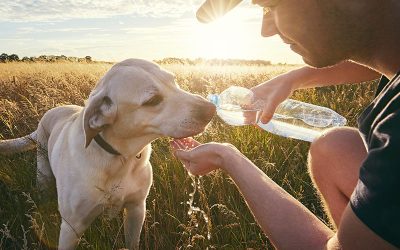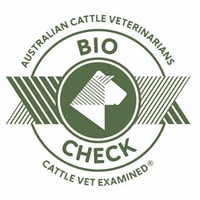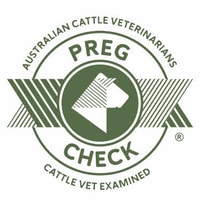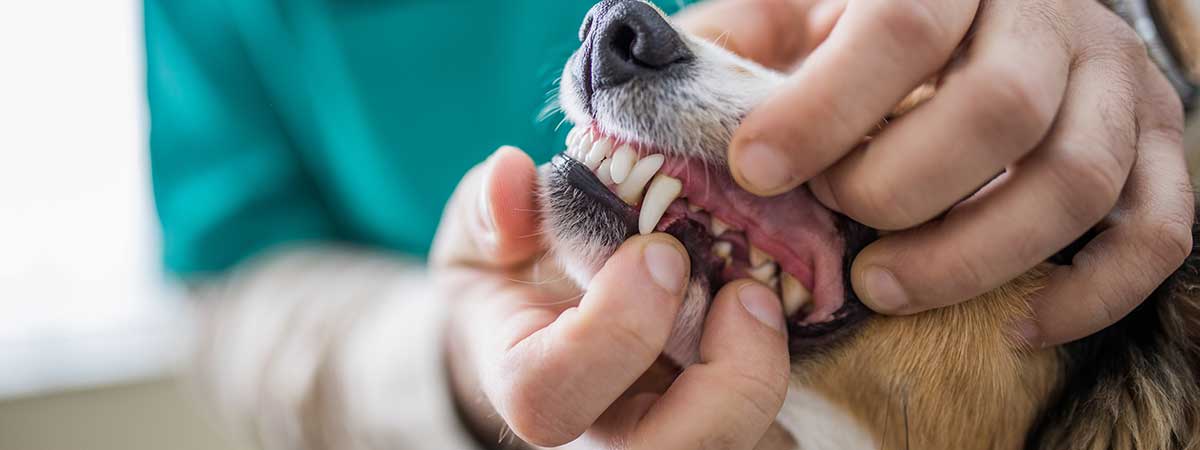
Did you know that 80% of dogs and 70% of cats over three years of age have some form of dental disease? Dental disease can not only be painful and uncomfortable for pets, but the procedure to clean and remove teeth becomes more complicated and often more costly to treat the longer it is left untreated. Just as you look after your teeth to prevent plaque and dental disease, you must also care for your pet’s teeth too!
What is dental disease?
Dental disease or periodontal disease is caused by bacterial infection that builds up in a substance called plaque. Plaque is made up of food particles and saliva. It sticks to the tooth surface above and below the gum line and if not removed will calcify into tartar. Over time the infection in tartar causes irreversible changes to occur which include the destruction of supportive tissues and bone, resulting in sore red gums, bad breath, and the loosening of teeth.
How do you know if your pet has dental disease?
- Bad breath
- Loose teeth
- Bleeding or redness of the gums
- Discoloured or plaque build-up on teeth
- Receding gums
- Reluctance to chew or eat
- Pawing of the mouth
What Should I Do If My Pet Has Dental Disease?
If your pet is showing any of the above signs of dental disease it is important that you talk to your veterinary healthcare team for the appropriate recommendations. If dental disease is identified, prevention and/or treatment may need to be started immediately before any irreversible changes occur.
Contact one of our healthcare team members and make an appointment for a dental check-up with our qualified healthcare team today.
How do you treat dental disease?
Treating dental disease involves thorough scaling and flushing to remove tartar, plaque and infection from above and below the gum line. The teeth are then polished to help reduce future plaque build-up. Any loose or badly infected teeth will need to be removed. These procedures are carried out under a general anaesthetic for the safety of your pet and our team. Local anaesthetic and pain relief are given as necessary.
How Do You Prevent Dental Disease in Pets?
Good oral hygiene and plaque control will help prevent dental disease. Dental disease is caused by plaque build-up & infection. If you help to remove the plaque from your pet’s teeth, you greatly improve the chances of a healthy mouth.
- A dental check – A thorough dental examination of your pet’s mouth from our expert team will give you the best indication if your pet has dental disease and what the next step is.
- Brushing your pet’s teeth – Physically removing the plaque from your pet’s teeth with daily brushing is the gold standard for dental care and will give your pet the best chance of preventing advanced dental disease.
- Appropriate food – Using a special veterinary recommended dental diet will help reduce the amount of plaque build-up on your pet’s teeth. The unique shape and size of these biscuits encourages chewing and has a brushing effect on the teeth.
- Dental chews – Encouraging your pet to chew on appropriate toys and chews will help stimulate saliva secretion, which will help combat plaque. Safe chewing options such as Greenies, Whimzees and Dentabones encourage your pets to chew, which helps rub plaque off, and spread protective saliva around teeth.
- Dental treatment – For adult cats and dogs with existing dental disease, a dental treatment with a scale and polish under general anaesthetic is often necessary to get their mouth back into top condition. At home prevention will then be required to hopefully prevent, or slow down dental disease developing again in the future.
- Dental products – Water additives such as Healthy Mouth and Plaque off can soften plaque, making it easier to be removed, and will also decrease the amount of bacteria in your pet’s mouth.
Please always speak with your veterinary healthcare team to discuss your pet’s individual needs.
Our team of expert vets are experienced in examining and treating your pet’s oral health and are here to provide you with the right advice to ensure they live a happy and healthy life.
RELATED ARTICLES
Arthitis Awareness
Ouch! Do you ever experience sore joints on a chilly morning?Like humans, our furry best friends can experience aches and pains caused by arthritis. These pains can become more intense over the cooler months - let us teach you a little about this common condition, so...
Separation Anxiety
You've likely been spending lots of time at home during the pandemic, and no doubt your dog has enjoyed this quality time with you. If like many, you've welcomed a new furry family member into your home during this period, they'll be very used to having you around...
Hot Weather & Heatstroke
We all love spending quality time with our pets on a hot summer’s day. However, we need to stay vigilant in summer, as the warmer weather can expose our pets to several dangers. One of these dangers is heatstroke. Heatstroke, or hyperthermia, occurs when your pet’s...
Hot-spots
Hot-spots are a common problem amongst dogs, and some breeds like golden retrievers, labradors, and rottweilers may be more susceptible to these than others. What is a hot spot? A hot-spot can otherwise be known as a ‘moist skin rash,’ acute moist dermatitis, or...
RELATED
ARTICLES
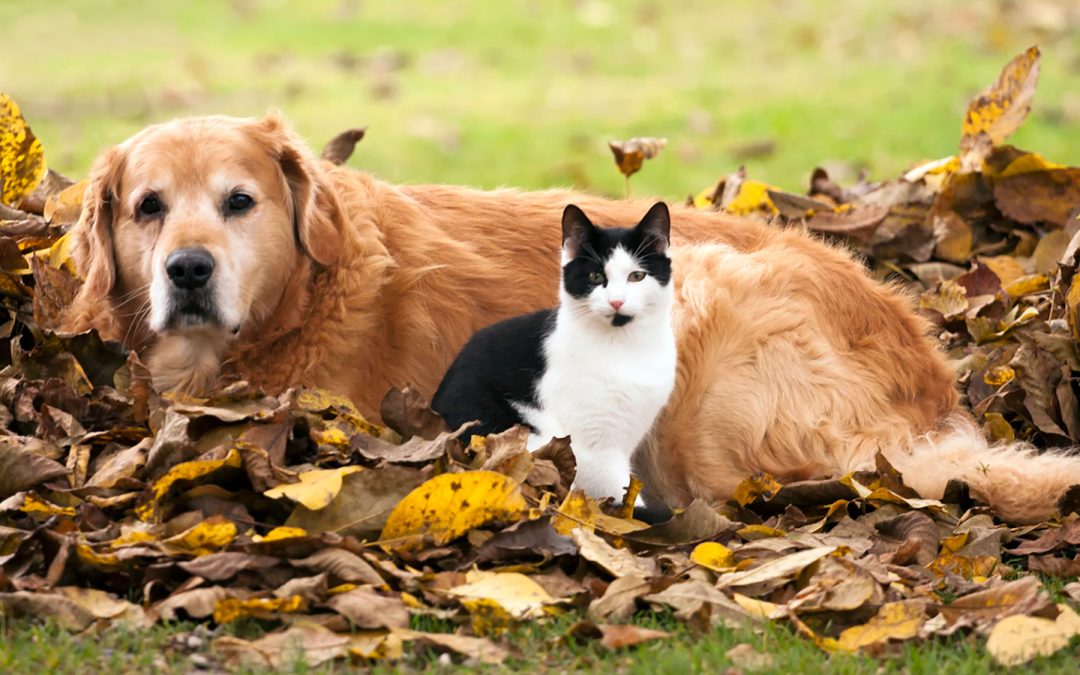
Arthitis Awareness
Ouch! Do you ever experience sore joints on a chilly morning?Like humans, our furry best friends can experience aches and pains caused by arthritis. These pains can become more intense over the cooler months - let us teach you a little about this common condition, so...

Separation Anxiety
You've likely been spending lots of time at home during the pandemic, and no doubt your dog has enjoyed this quality time with you. If like many, you've welcomed a new furry family member into your home during this period, they'll be very used to having you around...
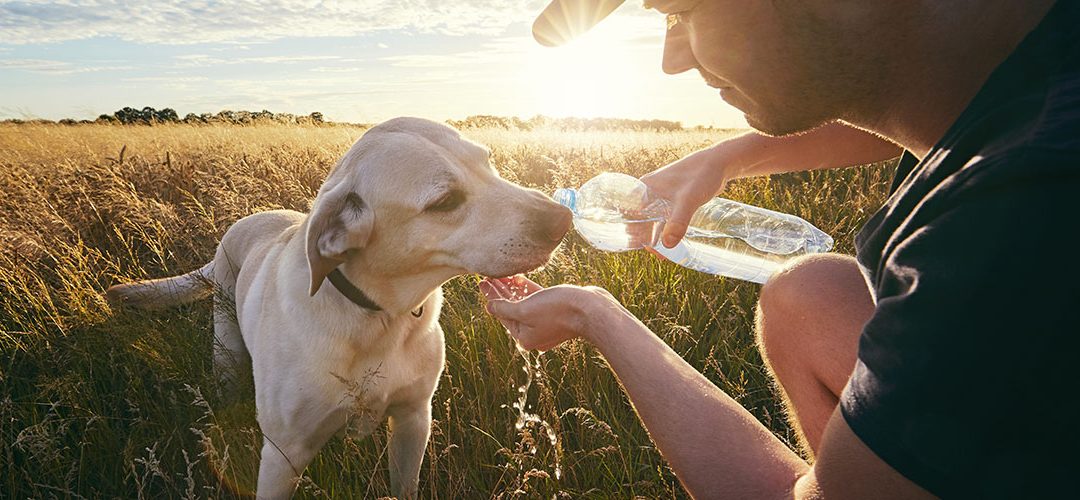
Hot Weather & Heatstroke
We all love spending quality time with our pets on a hot summer’s day. However, we need to stay vigilant in summer, as the warmer weather can expose our pets to several dangers. One of these dangers is heatstroke. Heatstroke, or hyperthermia, occurs when your pet’s...

Hot-spots
Hot-spots are a common problem amongst dogs, and some breeds like golden retrievers, labradors, and rottweilers may be more susceptible to these than others. What is a hot spot? A hot-spot can otherwise be known as a ‘moist skin rash,’ acute moist dermatitis, or...
Call Us Today To Discuss Your Animal Needs
Business Hours Phone: 07 4693 2233






